When your baby is born everyone will want to have a cuddle with friends and family lining up to show love to your little one.
Grandparents, in particular, all be keen to show their love for your baby and will want to kiss your baby the first chance that they get. While it is natural for your Grandma to want to kiss your baby it is not advisable for young babies to be kissed.
The main reason that you do not want people to kiss your baby is to minimize the risk of disease, including the cold sore virus.
If you are worried about how to explain to your Grandma that you do not want her to kiss your baby or any family member for that matter, we offer advice on the best way to do so.
As an Amazon Associate, I earn from qualifying purchases. The links below may be affiliate links. Please read my disclosure policy for more information.
Why is Kissing Babies Dangerous?
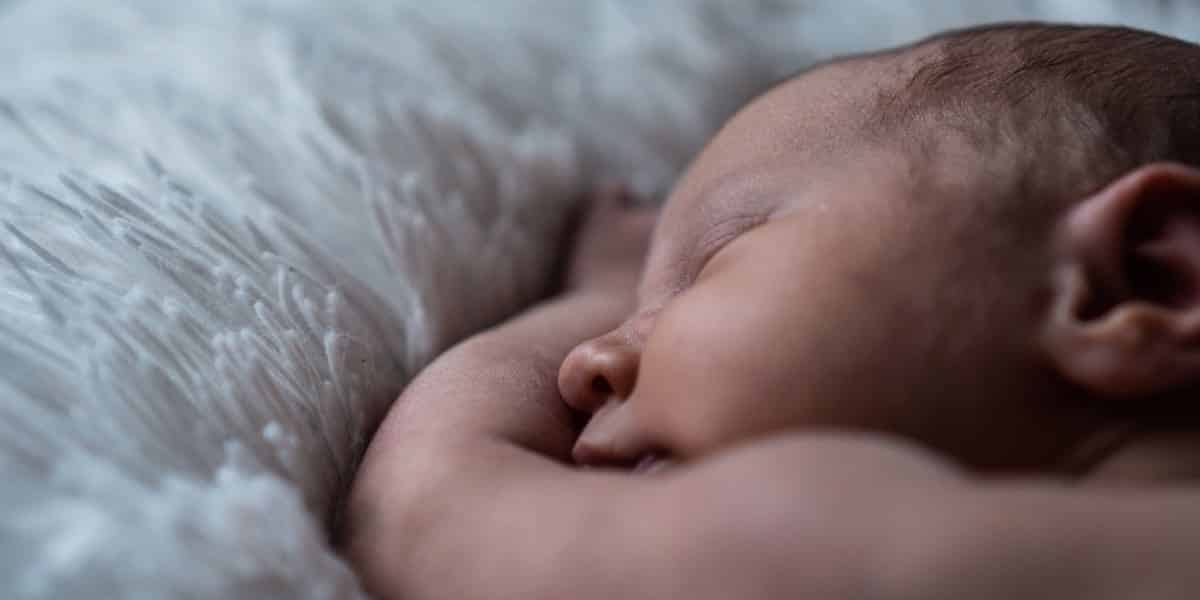
Kissing a newborn baby may be harmful as there is a risk of passing on the disease. Babies are born with an immature immune system which means they do not have the ability to fight off disease like us adults can.
They will also not have had vaccinations to protect them from certain diseases so extra care needs to be taken until they do so.
One of the main concerns when kissing babies is that they will develop herpes, which is usually an uncomplicated disease for adults but can be fatal in babies. While adults and older children do not generally become very unwell with cold sores, the herpes virus can be more harmful to babies.
Neonatal herpes is an infection in a young baby that can become very serious if it is not treated. The main reason that cold sores can be harmful to babies is that they do not yet have a fully developed immune system that can fight the virus.
While neonatal herpes is rare it is something that grandparents need to be aware of when kissing or having close contact with babies.
Explaining your Concerns to Grandparents
The best way to tackle your concerns with your family, especially the soon-to-be grandparents, is to talk to them in advance about your concerns. If you are upfront with people about your concerns about kissing your baby then you should do so at the first opportunity rather than wait until your baby arrives.
You should explain the medical concerns and have evidence and medical support to back up your concerns if you believe they may not agree with your concerns.
They may not agree with the information that you give them and exclaim that they know better but you should remain firm with your beliefs as it is your baby that is at risk.
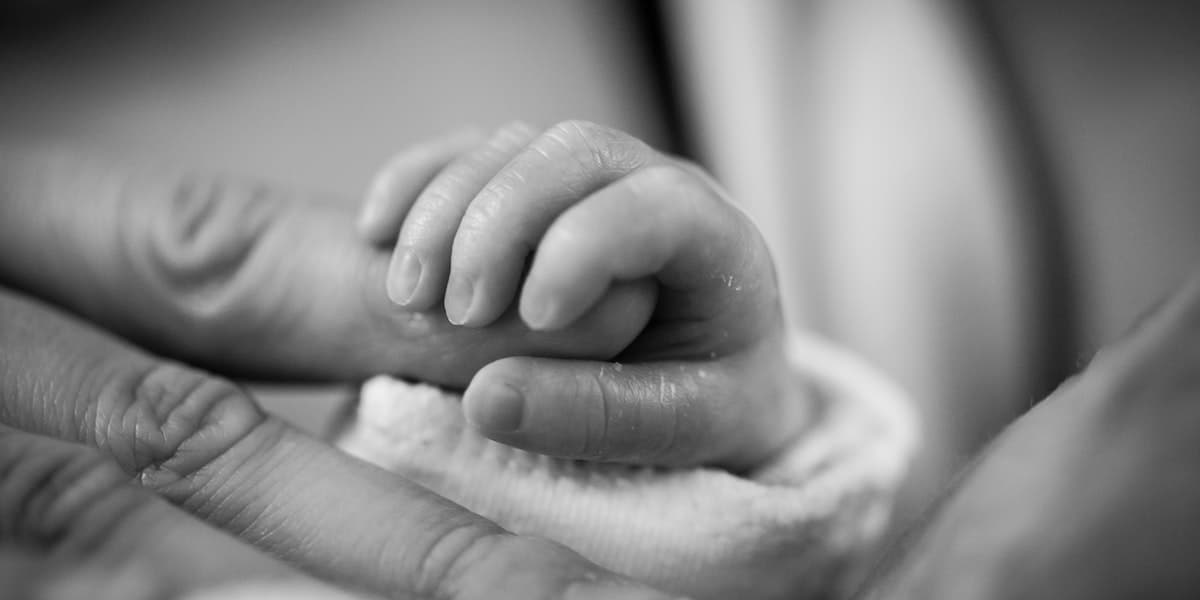
Give Them Some Time
Your parents may feel hurt that you are telling them not to kiss your baby but remember that they too are coming from a place of love.
You should end your initial conversation by telling them that they can investigate some of the concerns that you have explained and you are there to answer any questions should they have any.
When Can Grandparents Kiss Their Grandchild
Your baby’s immune system will develop gradually and is considered to have relatively good immunity as they teach 2-3 months old. By this time they will have had their first full set of vaccinations which will also boost their immune system and increase their chances of fighting off serious diseases.
This means that It may be safer for grandparents to kiss your baby. The answer, though, is that your parents can kiss your baby when you feel that you are ready to allow them to.
It is important to note that premature babies may take a little longer to be ready to be kissed as their immune system is less mature than full-time babies.
Generally, babies will receive antibodies from their mom during the last trimester of pregnancy so if they are born early they may not have the necessary antibodies.
Is it Ok to Kiss Babies on Their Head or Face?
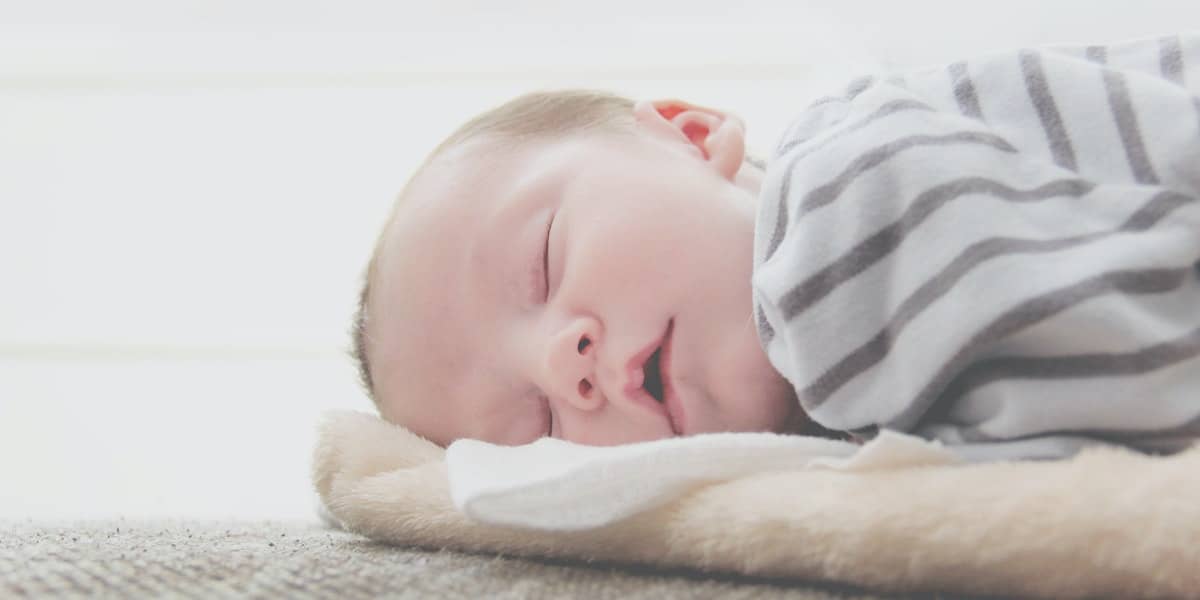
If you feel comfortable allowing your parents to kiss your baby on tenor head and face then you can allow it. However, there is a risk that if you allow one kiss on the head that they will naturally get carried away and kiss more of their face and risk reaching the lips.
There is also the risk that the person kissing your baby on the face has a cold sore (sometimes they will not show up until a few days after they are infectious) and this could spread if you do not know about the kiss and do not adequately wash your baby’s face.
If your parents are not getting onboard with your requests not to kiss your baby and you are finding the conflict too much you can think about the places where you may allow a kiss, such as a forehead and a cheek.
Setting Rules about Sickness
If you do allow your parents to kiss your baby on the cheek or the head then you still need to set some rules.
If you let them know about the diseases that you are concerned about, such as herpes, flu, and the common cold, then they can look out for any symptoms and refrain from kissing your baby.
To be honest, if the grandparents are ill then it may be best to stay away from the baby altogether until you know that your baby has a stronger immune system. You should ask them only hold and kiss your baby when they are feeling fully well.
Be on the Same Page as Your Partner
It is important to agree with your partner if you are making decisions on friends and family members coming into contact with your baby. You cannot allow, for example, your parents to kiss your baby but not your partners and vice versa.
By creating ground rules you are more likely to stick together if you come against any resistance from your friends and family.
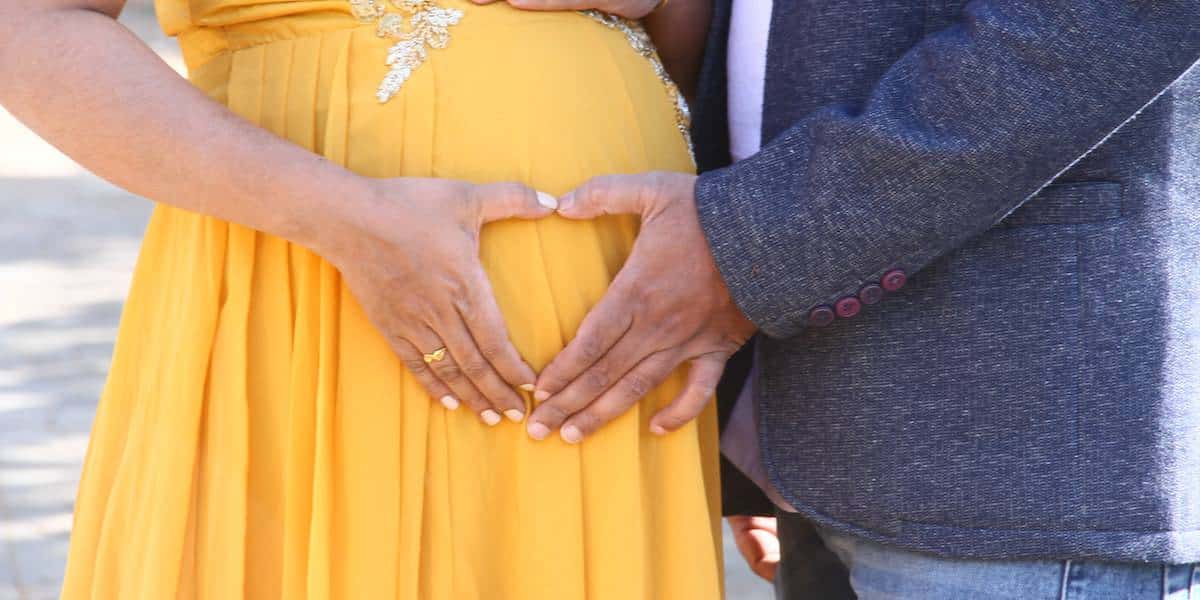
Talk to your Doctor
If you are conflicted about what to do about your parents and other family members kissing your baby then you can seek advice from your doctor, midwife, or a healthcare worker.
They can offer full advice and refer you to articles and papers to fully inform you and help you explain your situation to family members. If nothing else, you can simply say that your doctor advised you not to allow anyone to kiss your baby so you are following medical advice.
Lead by Example
If you want others to adhere to the rules on kissing your baby then you should lead by example.
While it will be more difficult for you and your partner not to kiss your baby you should follow the same advice and stay refrain from kissing your baby if you are ill and not kiss them on their lips if you think you may be developing a cold sore.
If you do decide to kiss your baby then try to do this when others are not around so that you do not send mixed messages about medical advice.
Offer Reassurance
It is important that throughout all of your conversations with the baby’s grandparents that you reassure them that they will eventually get the opportunity to kiss their grandchild.
Not kissing them is only a short-term solution for most although your wishes should be respected if you wish this boundary to be in place permanently.
Advice Recap
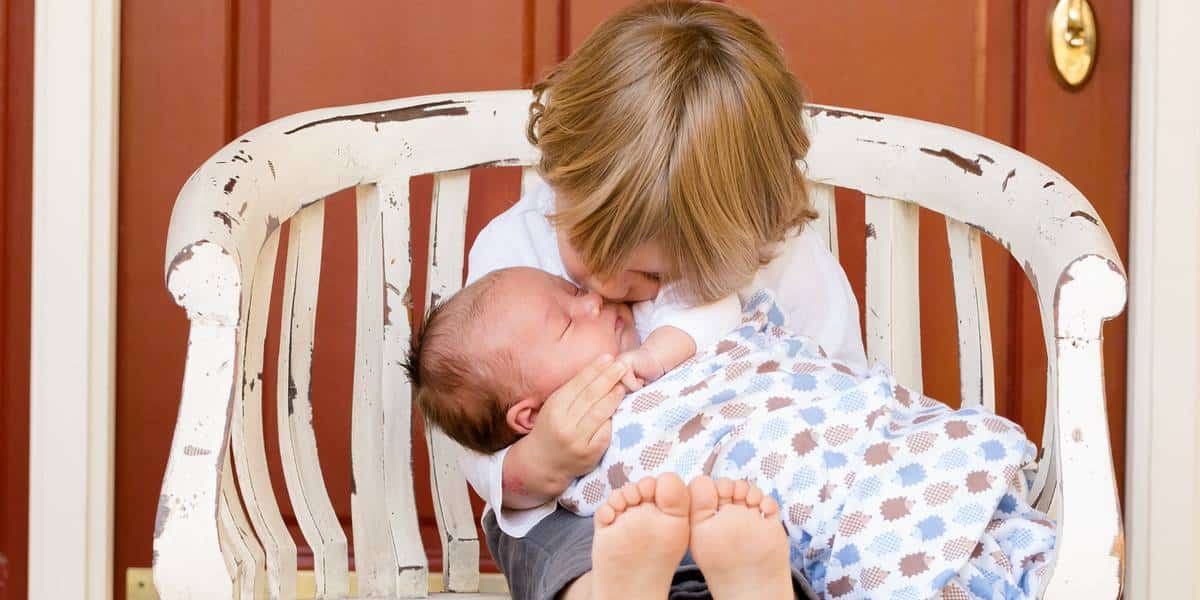
To recap, it is not advisable for anybody to kiss your baby when they are first born as it risks putting your baby art serious harm. If you are very concerned about how the baby’s grandparents will react to the news that they cannot kiss your baby you can keep the below tips in mind:
Be Firm
You and your partner will have spent time thinking of what the best thing to do for your baby is and how you can explain your decisions to others. If you do not want family members to kiss your baby then you should be firm in that they need to respect your wishes.
Be Understanding
You may be surprised by your parent’s reaction when telling them they cannot kiss your baby as they may instantly understand why and respect your wishes.
There may, however, be tension as they will be upset that they cannot kiss and cuddle your baby as they imagined. There may even be heated arguments but try to remain calm and put yourself in their shoes and give them time to feel upset.
Hopefully, in time, they will come around to your way of thinking.
Be United
There may be times when you or your partner doubt your actions, especially if you see that your parents are upset when holding your baby.
If you both agree to be firm in your decision and to talk through when you are having any doubts then you can support one other throughout this phase of your baby developing their immune system.
